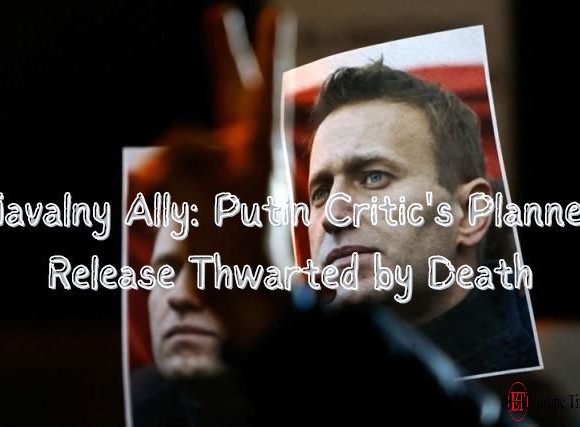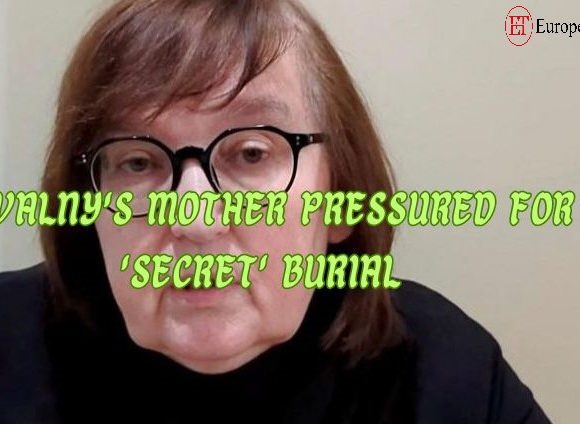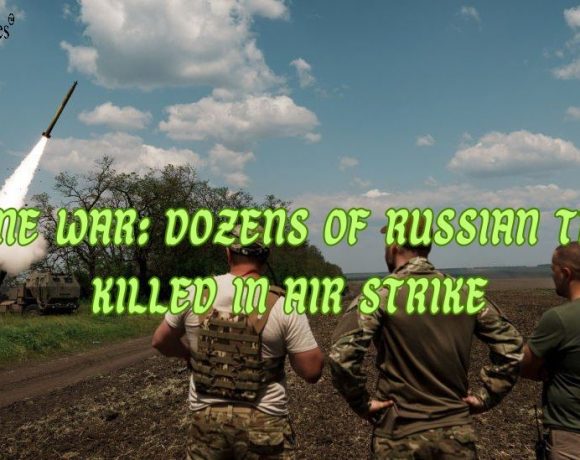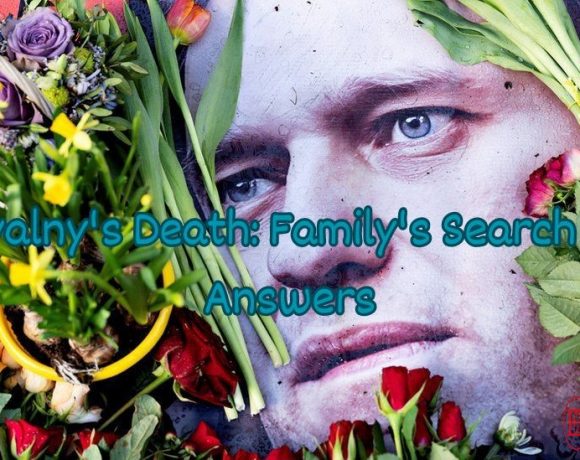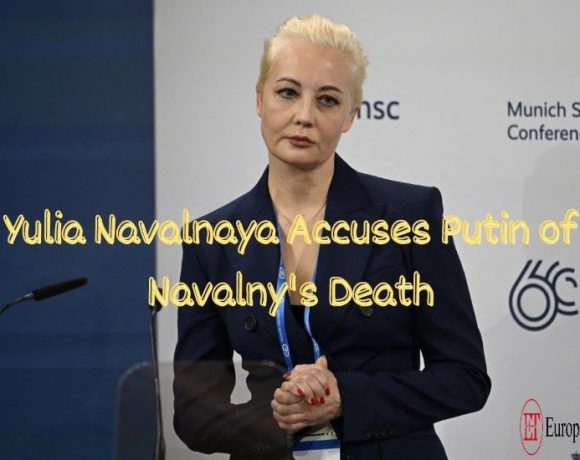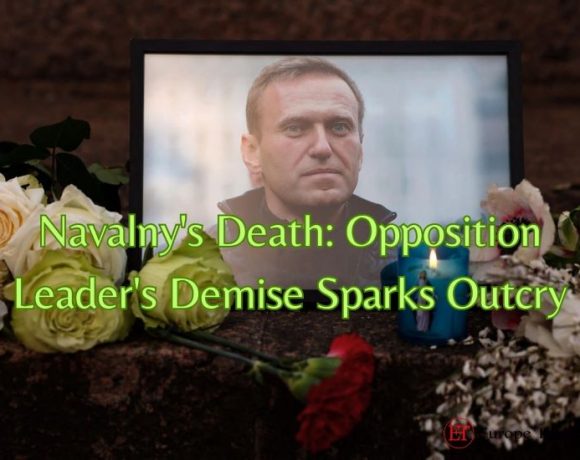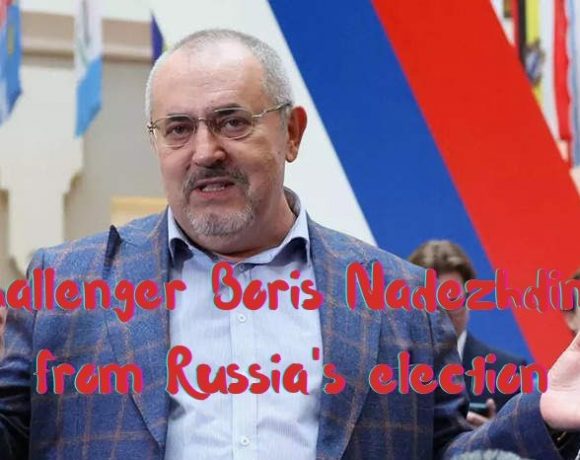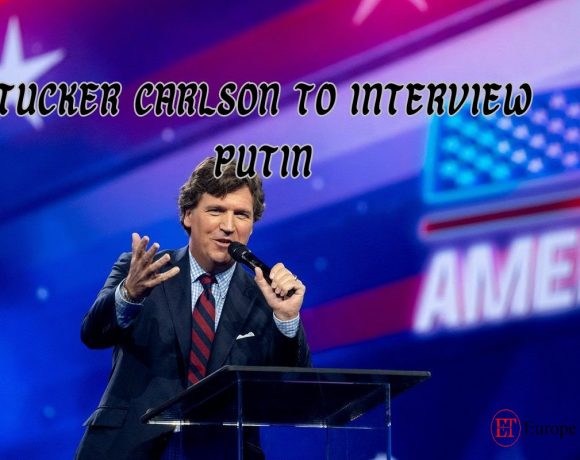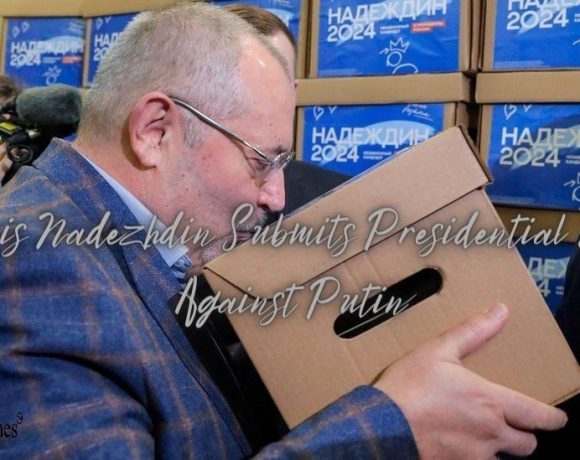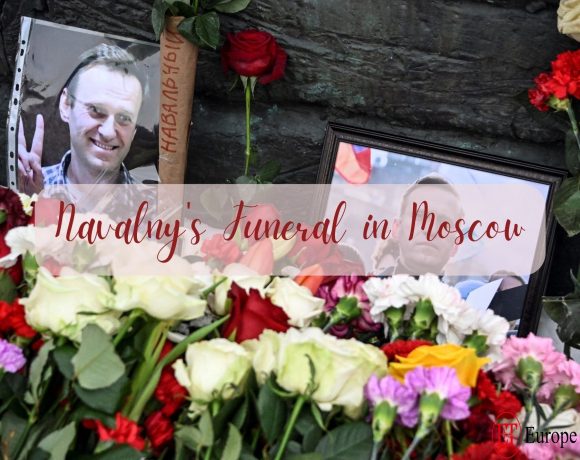
Alexei Navalny’s burial is confirmed to take place at Borisovskoye Cemetery in Moscow on Friday, following a farewell ceremony at a local church. Yulia Navalnaya, his widow, expressed uncertainty about the funeral’s peacefulness and the potential for police interference.
Navalny, a prominent critic of Vladimir Putin, died unexpectedly in a Siberian prison earlier this month, sparking accusations against the Russian president from his widow and many world leaders. Details surrounding Navalny’s death remain scant, with Russian authorities initially resisting releasing his body to his family.
Funeral arrangements faced obstacles, with some funeral homes refusing service due to the deceased’s identity. Yulia Navalnaya addressed the European Parliament, criticizing Russia’s actions in Ukraine and advocating for a more effective strategy against Putin.
The funeral date was adjusted due to logistical challenges, with Navalny’s team urging attendees to arrive early. Security concerns loom over the event, given recent arrests of those paying tribute to Navalny across Russia. Allegations surfaced of a potential prisoner swap involving Navalny, but the Kremlin denies any knowledge of such arrangements.
Picture Courtesy: Google/images are subject to

